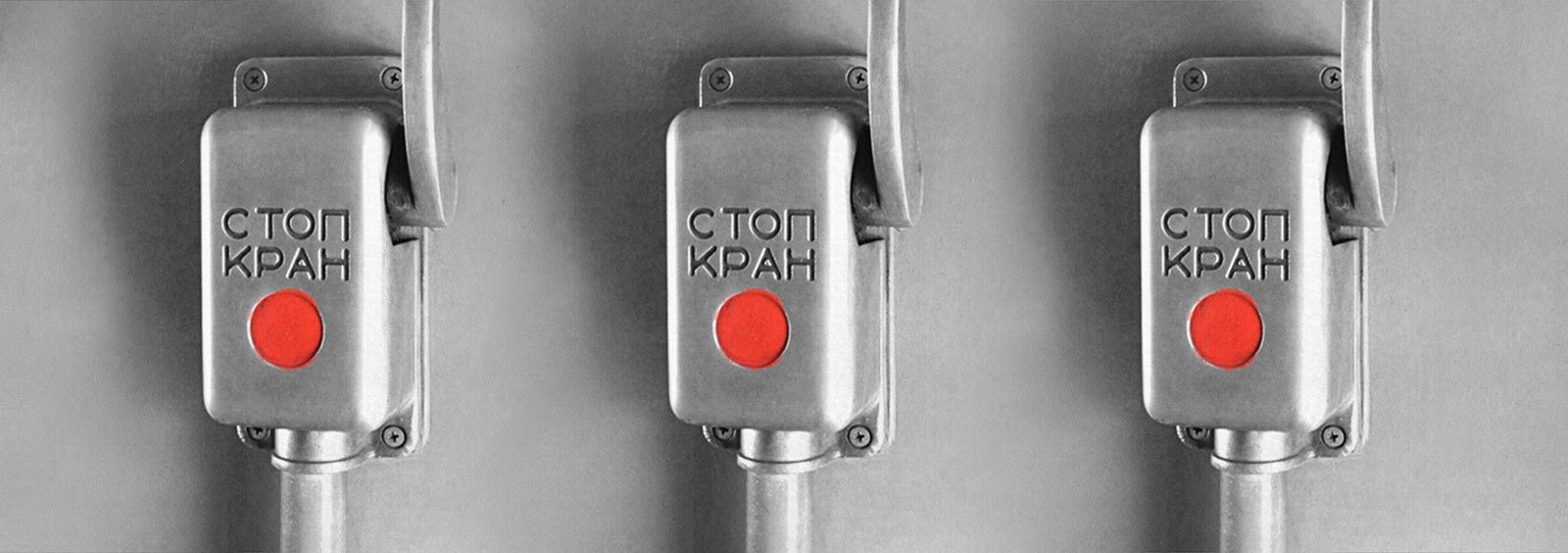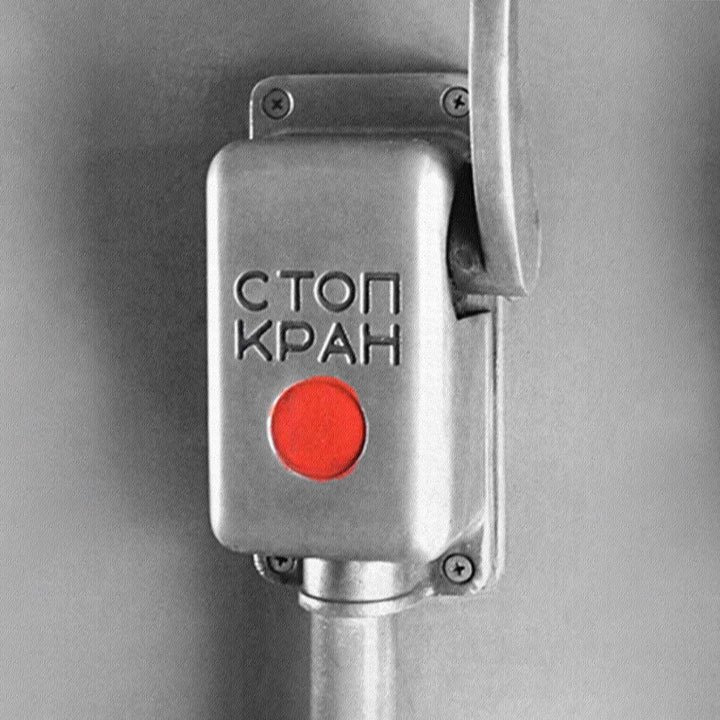Irina Sandomirskaya will discuss the concept of “anachronic present” in works of Soviet literary theorist, writer and critic Viktor Shklovsky.
"I came across my name in Russian Sovremenniknext to Abram Efros, Kozma Prutkov, and other famous names. Then, I wrote a letter to Russian Sovremennik.In that letter, I expressed my surprise that I turned out a contemporary of Tiutchev and Prutkov. Without denying the fact as such I was nevertheless resolutely against being contemporaneous with Abram Efros and Khodasevich, and declared this merely a chronological illusion". Viktor Shklovsky, Contemporaries and Synchronists
Time and again Shklovsky emphasized that he did not write chronicles and that, from his point of view, historical research could only serve as an instrument for the investigation of the present. In the period of the so-called "crisis of formalism" he was repeatedly blamed for anachronism owing to this kind of statement.
Nonetheless, being a dedicated formalist himself, Shklovsky radicalized the critical distinction between contemporaneity and synchronicity. Contemporaneity does not equal itself; the present contains change in itself; the contemporary is not identical to the simultaneous, i.e. it is not synchronic, but anachronic. The anachronic present absorbs the past not in the process of inheritance, but as a "revolutionary choice of the past”. Shklovsky’s works written in the course of the discussion of formalism and afterwards investigate this choice with its high stakes and even higher risks.

